5 Charts that Capture What it's Like to Live with Ulcerative Colitis
Charts that illustrate what it feels like to live with ulcerative colitis.
Health is uncertain with UC
When you live with ulcerative colitis or any chronic condition, frequent research, and constant health vigilance become a way of life. The internet is a tremendous resource for patients with its nearly limitless supply of information on conditions, symptoms, and treatments.
However, the tidal wave of opinions online can drown any web surfer in doubt. Both online and offline, it's difficult to manage the uncertainty of flares and remission alike.
It's easy to fall into a trap of overestimating or underestimating the severity of one's condition. After all, the internet is built upon connections and invites us to constantly compare ourselves to the latest trends in health.
My UC wish-list
At the top of my UC wish-list is relief from pain, fatigue, urgency, and the other damaging symptoms that plague me.
Sadly, the treatments used to reach remission can be unpleasant or slow to take effect. It takes commitment, persistence, and even bravery to sit in a room for hours with an IV in your arm every month or to take pills every morning.
As a result, short-term coping strategies, though they are temporary solutions, often feel much sweeter than medically complex treatments. Simply put, I'd rather spend all morning soaking in a hot bath than stick another enema where the sun don't shine.
Waiting and spending time at doctors appointments
Routine doctor appointments are an important part of managing your health journey and ensuring that your condition doesn't spiral out of control. As a result, patients with ulcerative colitis tend to visit their local doctor much more frequently than the average citizen.
In fact, though I'm only in my early 20s, I'd bet I know much more about colonoscopies than the average 50-year-old. Needless to say, at this point, I'm a pro at navigating through medical paperwork, lab tests, and the back hallways of my primary gastroenterology clinic.
Still, though I've been through the standard process countless times, there are still minor inconveniences that I'll probably never get over. One can only read a 3-month-old edition of Golf Digest and learn about the "10 Best Courses in South America" so many times before it starts to get old.
Comments like "you don't look sick”
One particularly annoying quote that almost every chronically ill individual has had uttered to them before is “you don't look sick.” While the friends, strangers, and coworkers who drop this infamous phrase typically mean well, it often comes off the wrong way.
It's easy and natural to equate a good physical appearance with good health, but the reality is more complicated than that. Chronic, and invisible, illnesses present in a variety of ways that often have nothing to do with a person's appearance.
While an individual who is severely ill might look terrible, they just as well might look like a supermodel. It's important to remember that looking sick, or looking healthy, is not the same as being sick or being healthy.
You are stronger than UC
Living with ulcerative colitis is tough. That's a fact. It's a difficult, ugly, and painful disease. It's hard not to feel hopeless and weak. Those feelings are totally valid.
Living with a chronic condition means adjusting your lifestyle and making difficult decisions. However, the reality is that by fighting on both good days and bad days alike, you are proving your strength.
It takes courage to deal with challenging treatments and uncertain medical outcomes. It takes confidence to own your choices and to say no when you have to cut out negative influences from your life. It takes resilience to keep taking hits from an unstoppable disease and to keep going. So know that I, an internet stranger, am proud of you. You are strong.
Do you have your own story to share?
Community Poll
What topics are you interested in learning more about?

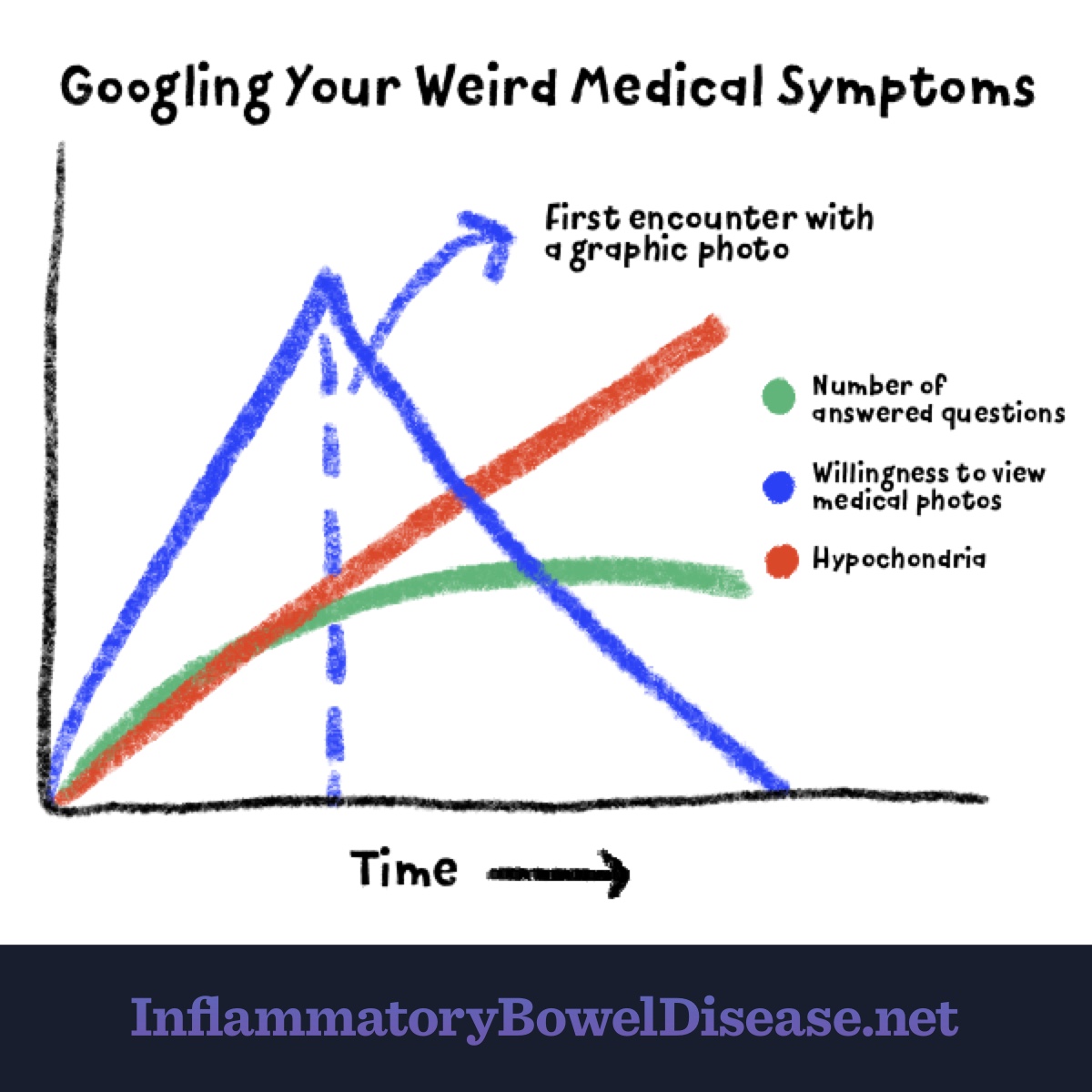
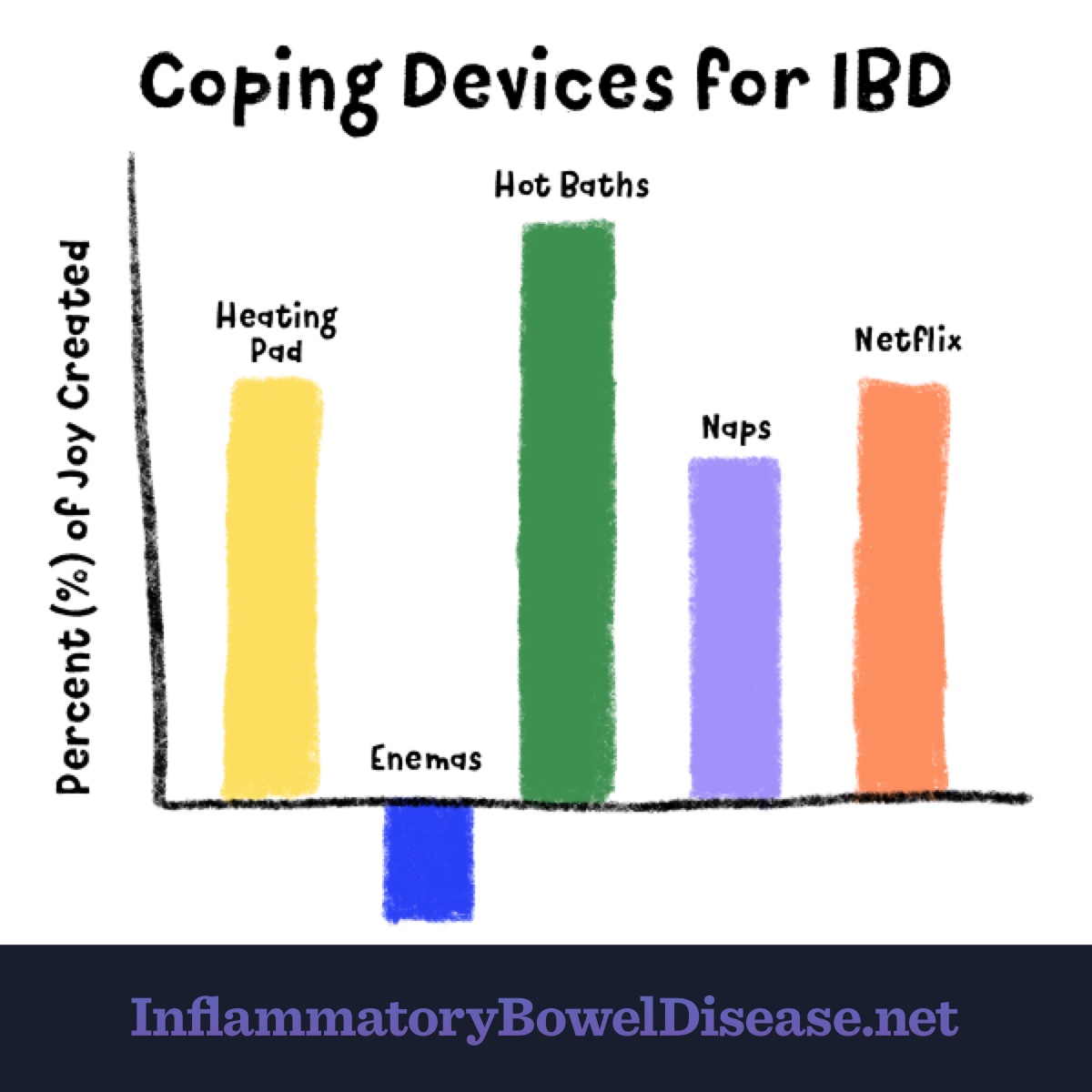
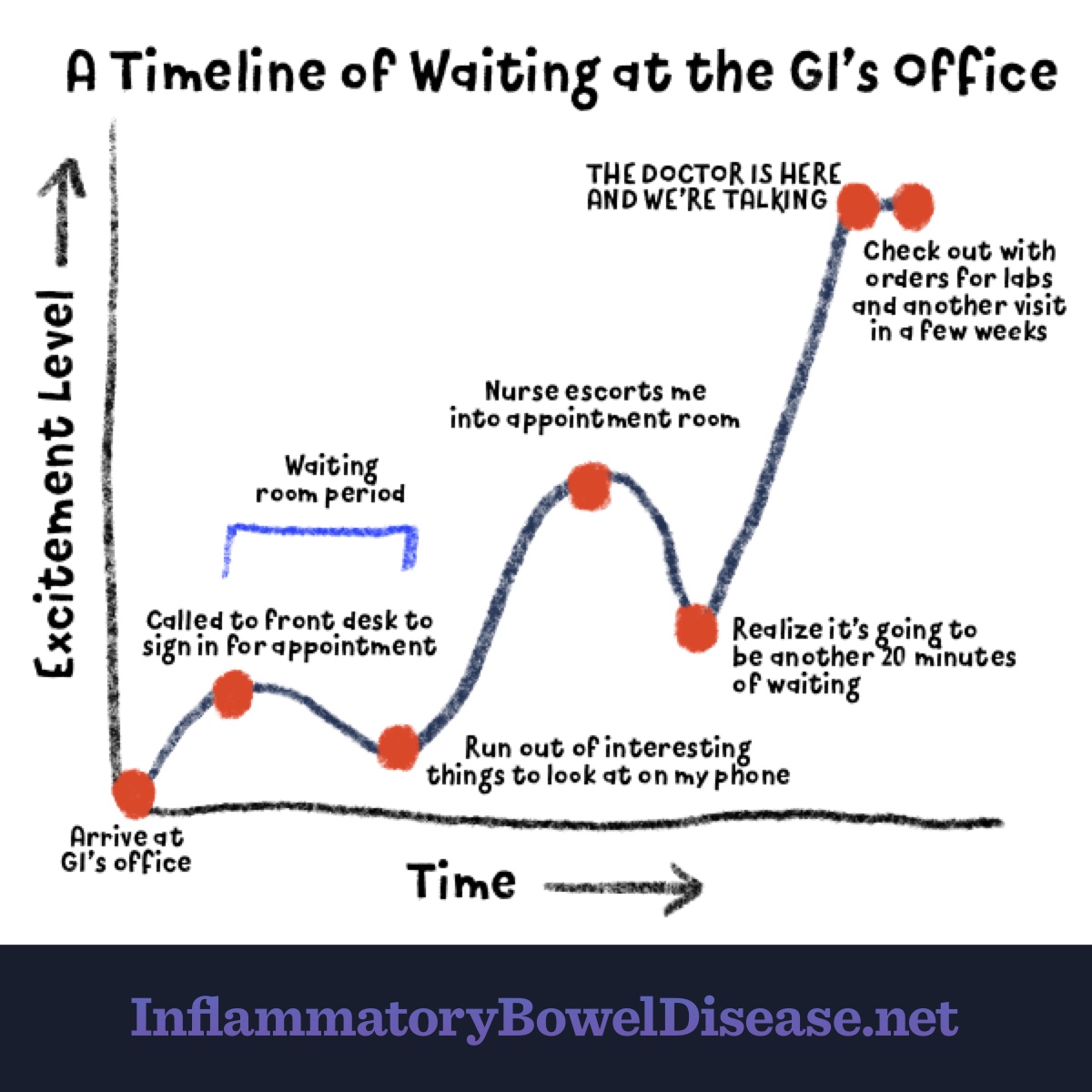
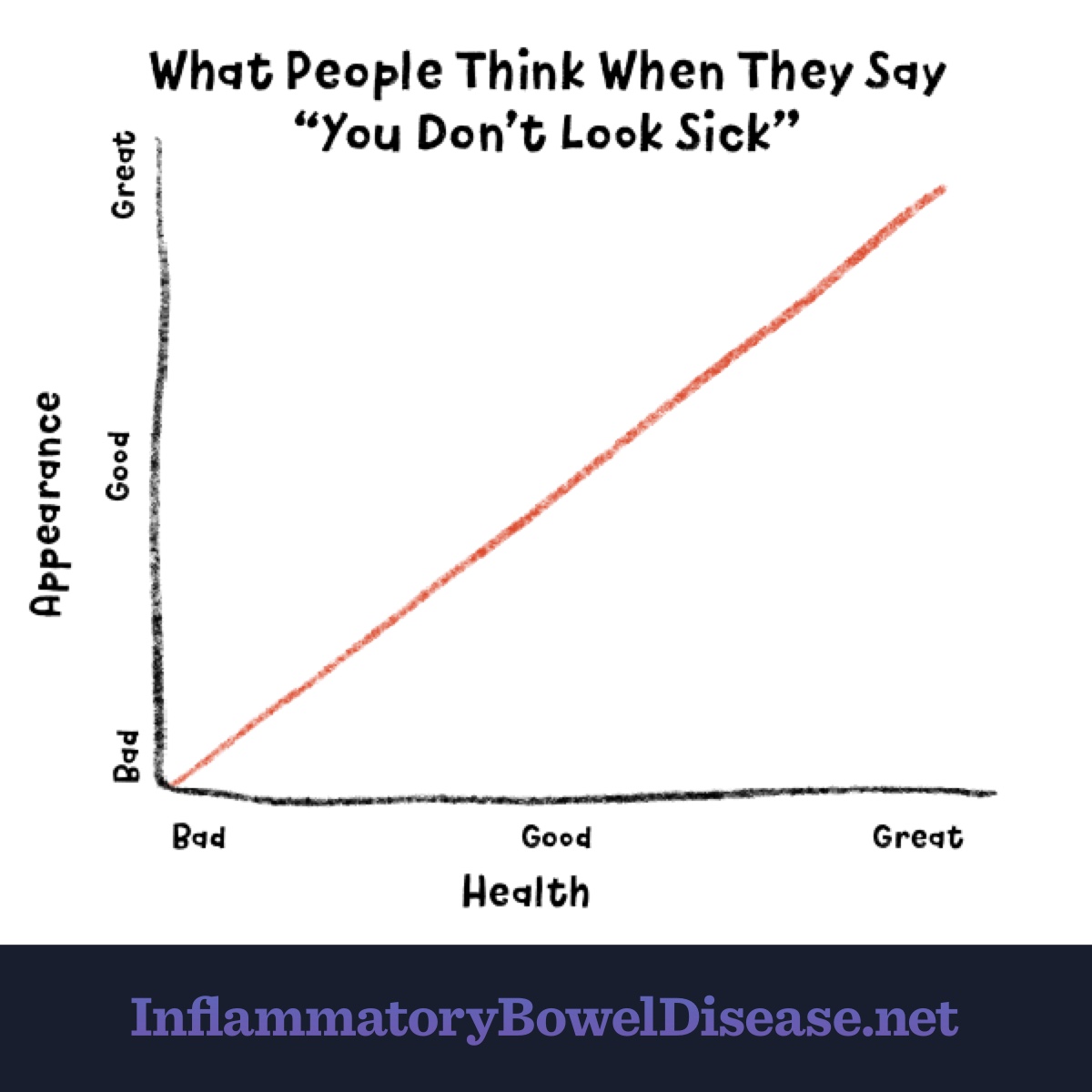
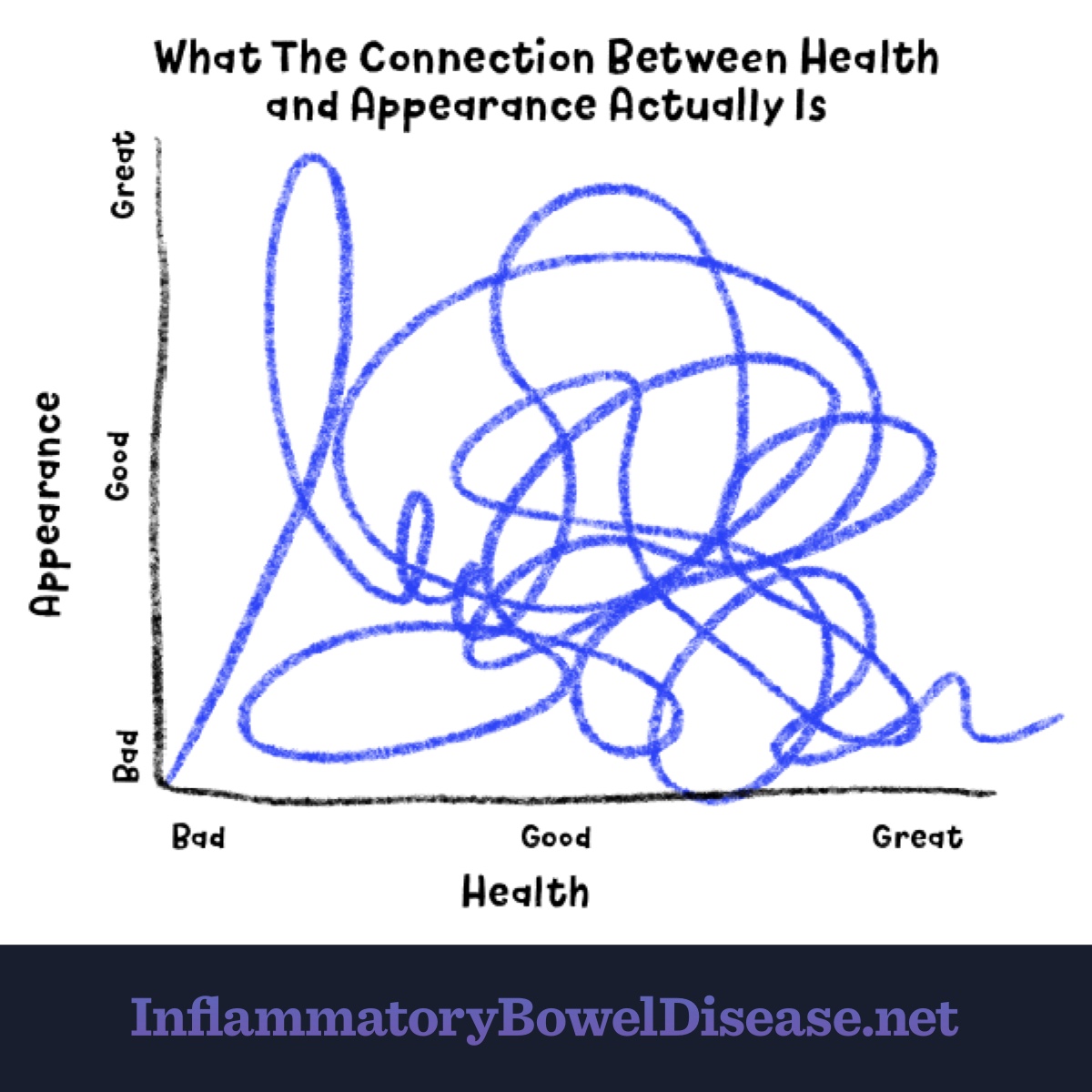
Join the conversation